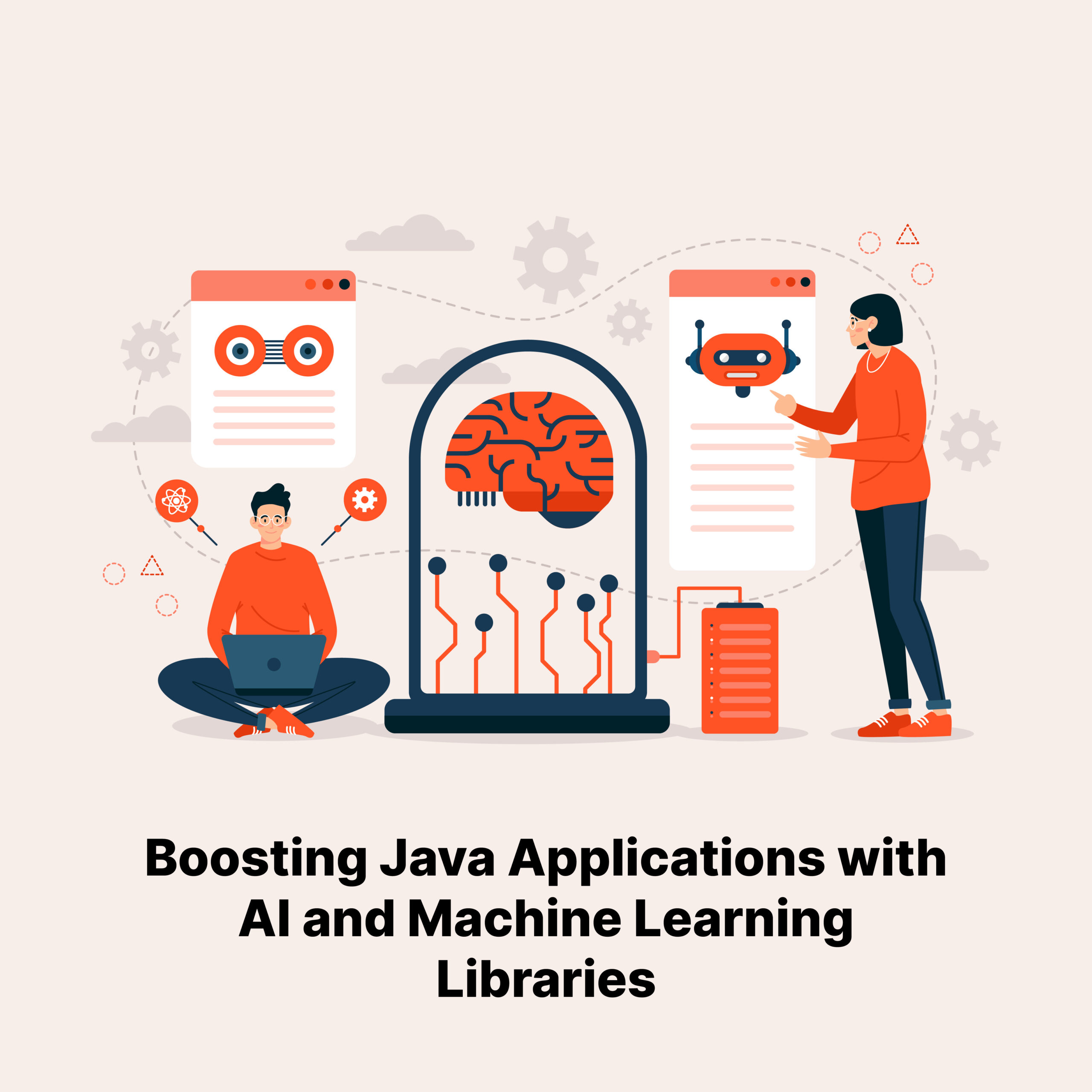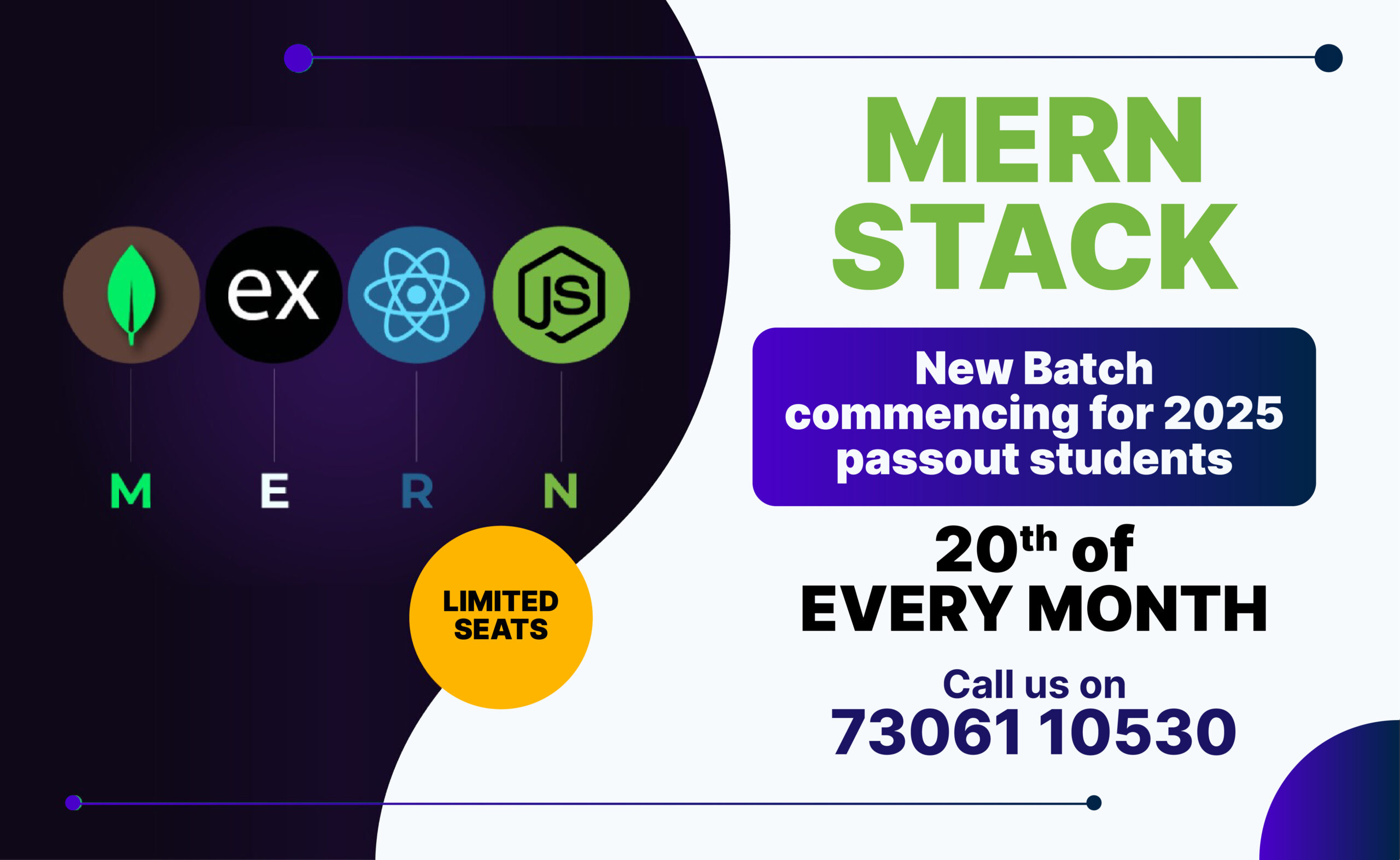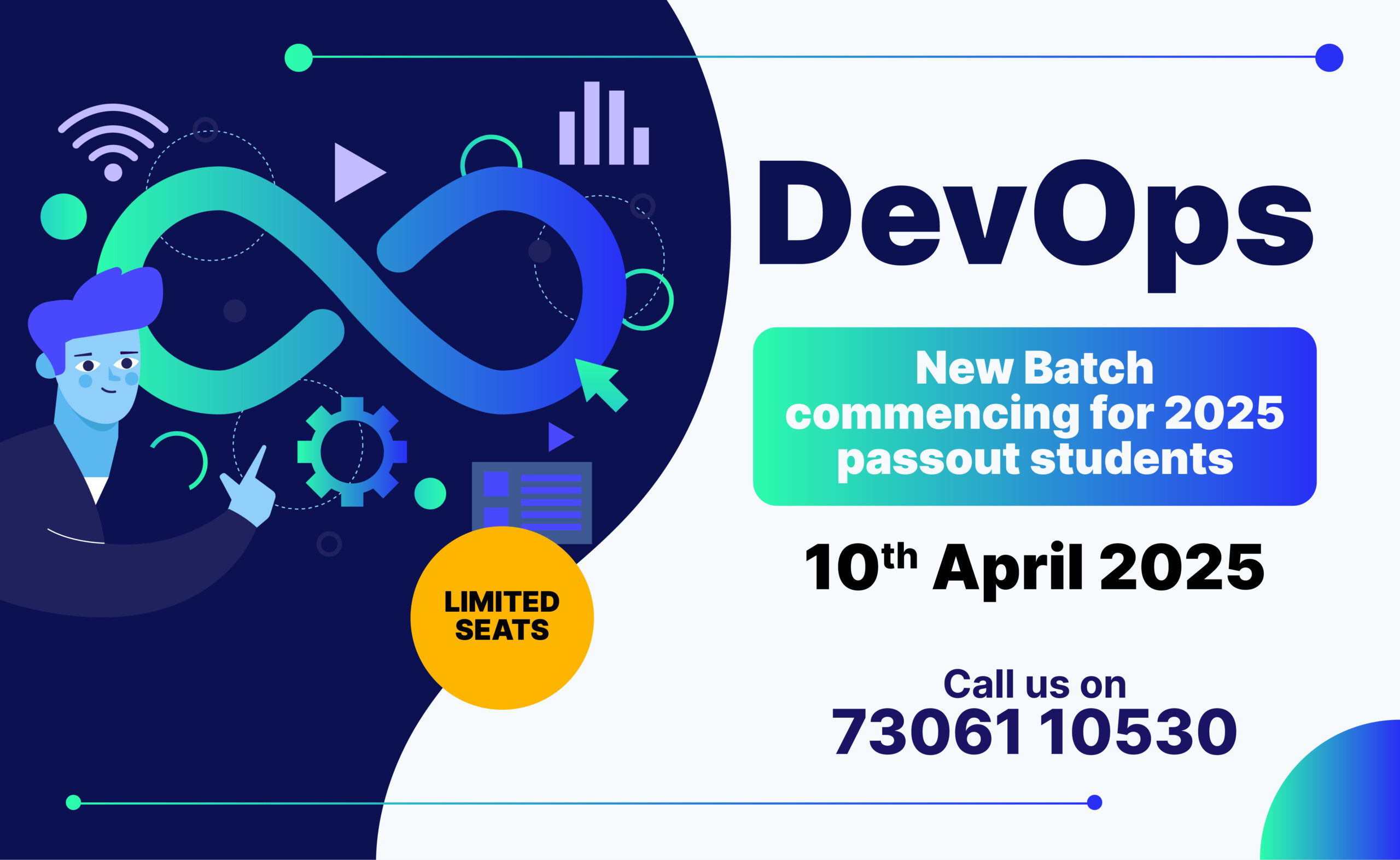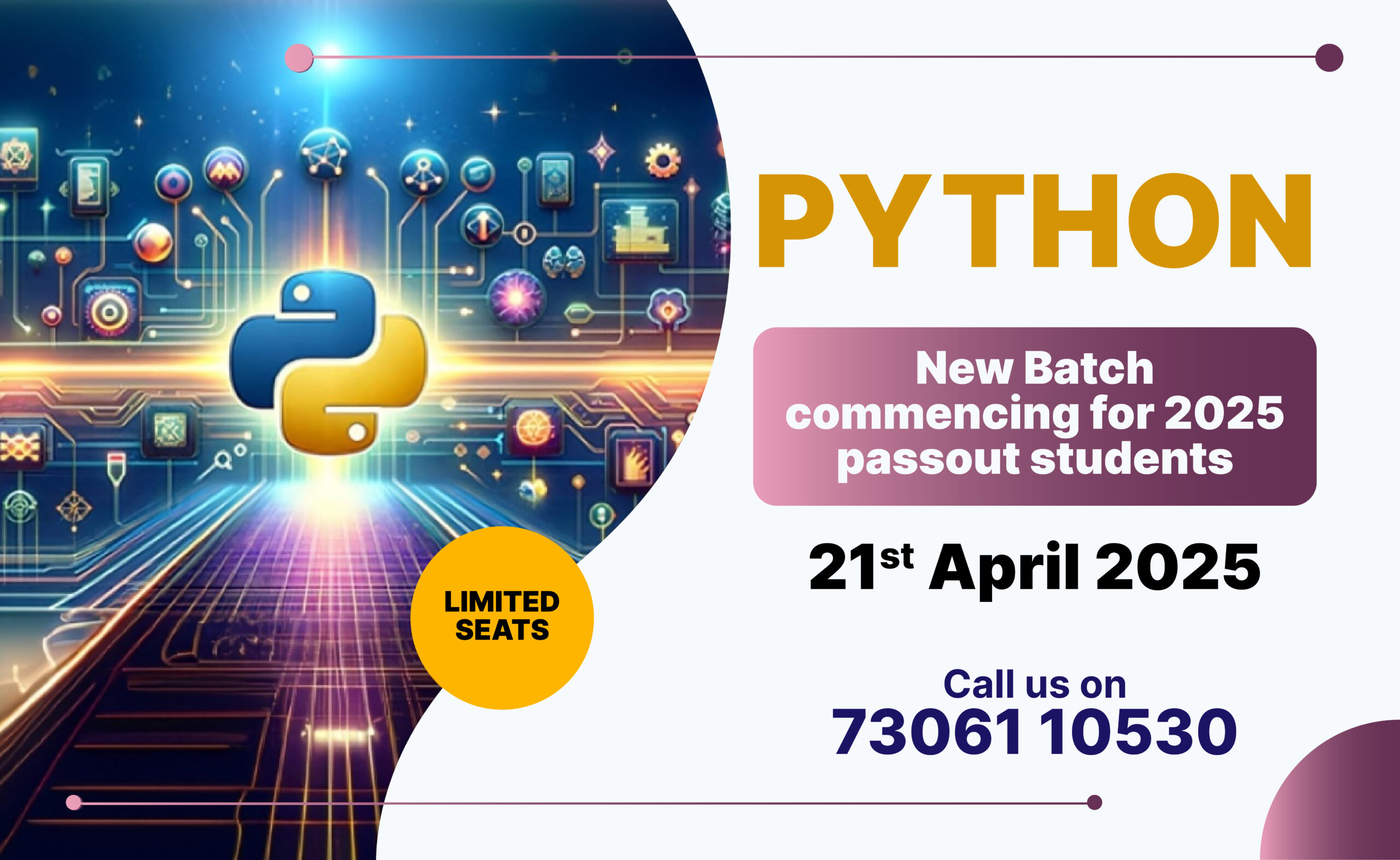Integrating machine learning (ML) into Java applications allows developers to build intelligent systems that make predictions, automate decision-making, and learn from historical data. Moreover, Java’s scalability and robust ecosystem make it a great choice for enterprise-level AI solutions.
In this article, we’ll explore some of the popular ML libraries in Java that you can leverage in your projects to enhance application functionality.
Executive Summary:
- Why Use Machine Learning in Java: Java’s integration with big data, cloud platforms, and deep learning frameworks, along with its extensive library support, makes it ideal for scalable, enterprise-level AI applications.
- Popular Machine Learning Libraries in Java:
Weka
Deep learning4j
Tribuo
Smile
Apache Mahout
Why Use Artificial Intelligence & Machine Learning in Java?
While quite popular in the context of AI programming, Python, for instance, is not well suited for large-scale applications since it does not allow programmers to fine-tune control over their system resources. On the other hand, Java integrates with other technologies like big data and cloud platforms as well as supports various deep learning frameworks and natural language processing capabilities. This enables developers to scale products efficiently and prepare them for enterprise environments. The wide range of available libraries in Java eliminates the need to switch to other programming languages for building and deploying machine learning models.
5 Popular AI & ML Libraries in Java
While there are numerous AI and ML libraries available in other languages such as Python, Java has a rich ecosystem of libraries tailored for AI and ML tasks. Below are some of the most popular ones:
a. Weka
Weka, or Waikato Environment for Knowledge Analysis, provides a range of machine learning algorithms. It offers tools for performing data mining tasks, such as data pre-processing, classification, regression, clustering, and visualization.
Weka’s interface offers developers a user-friendly graphical environment to test machine learning models before integrating them into Java applications. It is especially valuable for projects involving data analysis, research, and model testing.
b. Deeplearning4j
Deeplearning4j is a deep learning library specifically for Java and the Java Virtual Machine (JVM). It supports neural networks, reinforcement learning, and other complex machine learning algorithms.
Even though deeplearning4j is easy to use, it comes with the added advantage of being compatible with both Spark and Hadoop for distributed purposes. Moreover, the proposed algorithm works with multi-threading data systems, which is crucial when dealing with big data for deep learning.
c. Tribuo
Tribuo is an ML library made by Oracle for Java that simplifies the creation of ML applications. This, however, requires exporting the complete TensorFlow model which Tribuo needs to ease in terms of high-level abstractions and in-build algorithms for training and deployment of models.
While there are other libraries that handle the creation of machine learning models, Tribuo offers detailed performance tracking and control over feature interactions. It provides support for classification, regression, clustering, and outlier detection, besides providing generalized features for a variety of AI tasks.
d. Smile
Smile (Statistical Machine Intelligence & Learning Engine) is another library developed in Java to support the tasks of AI and machine learning. This general-purpose program is capable of performing tasks like clustering, regression, and classification, as well as neural networks and natural language processing (NLP).
Smile is often praised for its efficiency and ease of use, making it popular among developers who want to quickly implement ML models into Java applications without extensive code.
e. Apache Mahout
Apache Mahout is a machine learning library focused on collaborative filtering, clustering, and classification. It’s built on top of Apache Hadoop and is designed for large-scale machine learning tasks.
Mahout provides an efficient, scalable solution for processing big data, making it suitable for enterprise-level applications.
Conclusion
Integrating machine learning and artificial intelligence into Java applications offers a great opportunity to enhance your skills in building intelligent systems. As the demand for AI, machine learning, and software development continues to grow, acquiring expertise in these areas is critical for staying competitive in the tech industry.
If you’re looking to gain hands-on experience and elevate your career, consider Techmindz enrolling in our specialized training programs. Whether you’re interested in Java programming, machine learning, or exploring other technologies like RPA, AI, or software testing, we offer comprehensive courses designed to prepare you for real-world applications. Our courses are ideal for beginners, career switchers, and professionals looking to upskill. Explore our courses and start your journey toward mastering cutting-edge technologies today!














0 Comments